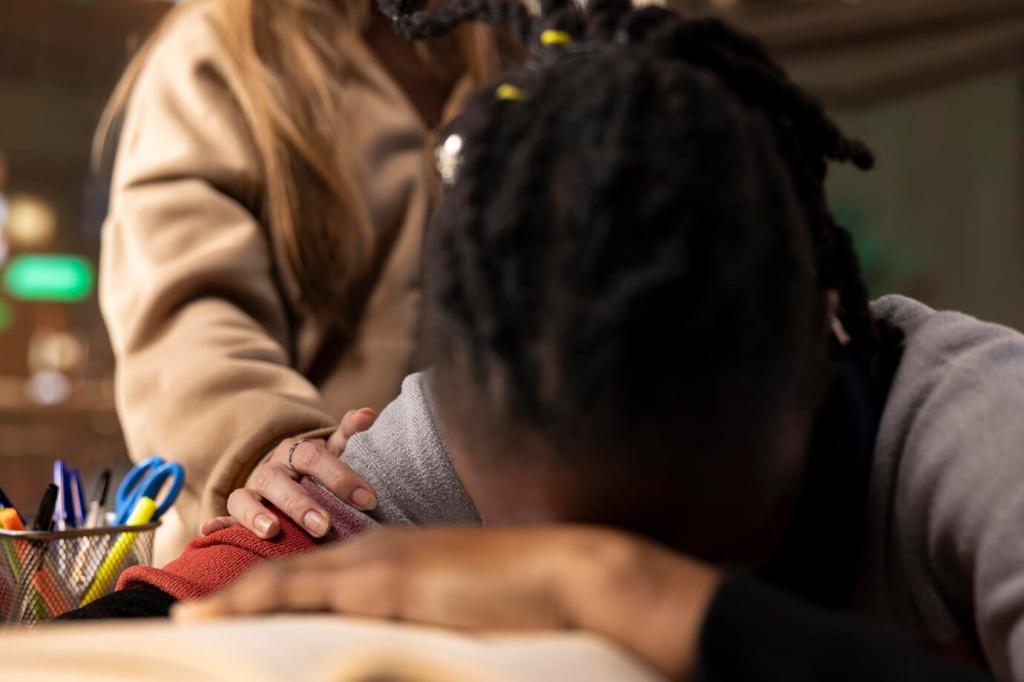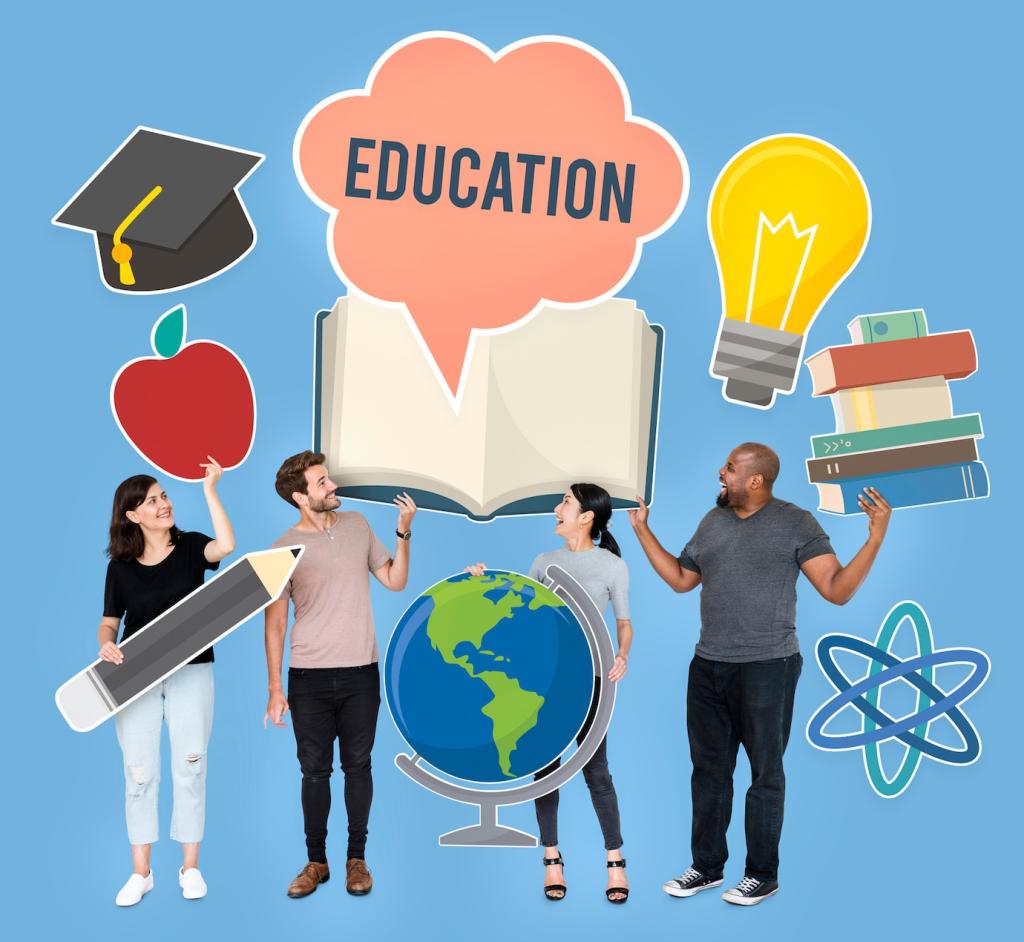
Today’s Theme: The Role of Encyclopedic Resources in Modern Education
Chosen theme: The Role of Encyclopedic Resources in Modern Education. Explore how modern encyclopedias—digital, collaborative, and expertly curated—build confident learners, strengthen curricula, and cultivate an authentic culture of inquiry. Join the conversation, share your classroom stories, and subscribe for fresh ideas grounded in evidence and practice.
Many of us remember leafing through thick volumes, hunting for a paragraph to quote. Today, students navigate searchable, interlinked entries with sources and revision histories. The shift reduced friction, widened access, and raised expectations for evidence-backed learning.

Building Information Literacy with Encyclopedic Gateways
Have students identify three independent sources referenced in an encyclopedia article, then verify a claim in each. The exercise makes triangulation visible, repeatable, and less intimidating. Encourage reflection on how corroboration strengthens academic honesty and decision-making beyond school.
Science: Anchoring Labs with Baseline Knowledge
Before experiments, assign a concise encyclopedia reading with a focus on definitions, variables, and safety. Students arrive with shared vocabulary and fewer misconceptions. This frees lab time for discovery, not debate about terms that a good reference can clarify instantly.
Humanities: Navigating Controversy with Neutral Overviews
When teaching contested topics, begin with a neutral encyclopedia overview to map key stakeholders, timelines, and sources. Students then branch into primary documents. This structure lowers temperature, centers evidence, and models respectful, rigorous discourse for complex civic conversations.
Access and Equity: Encyclopedic Resources for Every Learner
Multilingual, Multilevel, More Welcoming
Many platforms offer multilingual entries, simplified summaries, and reading-level adjustments. Pair these features with glossaries to reduce cognitive load. Students new to a language gain entry points without losing rigor, supporting inclusion while preserving the integrity of academic content.

Students as Contributors, Curators, and Knowledge Builders
Class Wikis and Micro-encyclopedias
Create a class wiki where each student curates a micro-entry with citations and media. Rotate roles—editor, fact-checker, and copyeditor—to simulate real editorial workflows. Reflection prompts help students articulate how collaboration improved accuracy and clarity across iterations.
Citation Ethics that Stick
Teach why attribution matters by having students track every fact to an identifiable source. Include a mini-lesson on plagiarism, paraphrasing, and fair use. Ask students to submit a brief ethical reflection alongside their final project to normalize responsible scholarship.
Assessing the Process, Not Just the Product
Use rubrics that reward source selection, revision logs, and reflective commentary. Celebrate thoughtful corrections and transparent uncertainty. Invite readers to request our downloadable rubric template, and subscribe for updates on assessment strategies that honor growth in research habits.

Join our mailing list
